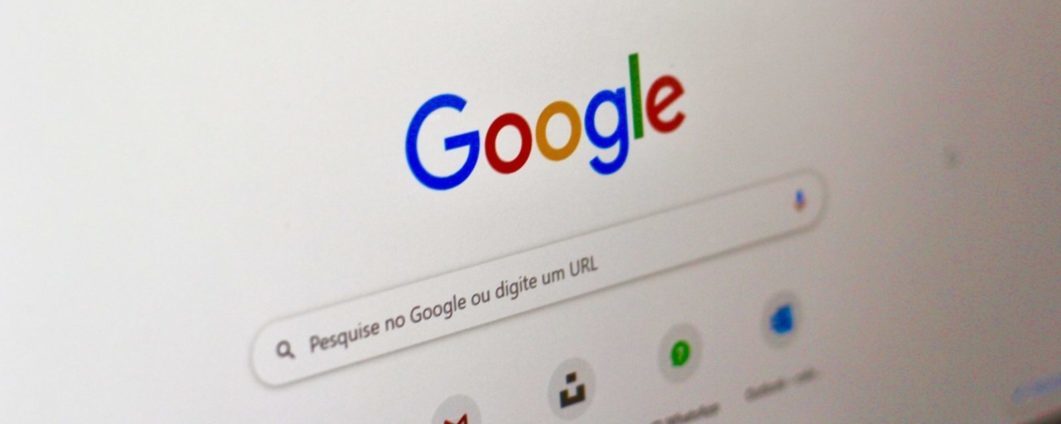As a confirmed Google ranking factor, title tags are an important part of any SEO strategy, not only for this reason, but also because these tags are providing crucial page context for users and search engines which impacts click through rate and social sharing.
A title tag is supposed to be an accurate representation of your page’s content and that’s why SEOs spend time carefully crafting title tags for Google, using long established best practices, that are relevant to your pages and will help you rank highly at the same time.
However, thanks to Google’s title tag update, it seems that they are rewriting more and more titles and using new title tag best practices. Google’s goal from this new change is to provide users with the best contextual title tags for the page that they be clicking on and therefore if the search engine feels that your title tag does not effectively do this then it will change it.
So, is all your work for nothing? No, not quite yet. While this may be frustrating for specialists who spend time writing title tags on google as part of their on-page SEO strategies, there is still a possibility that your title will be used as is. There are certain factors that increase the probability of Google using the title tag you provided, so these have now become the new title tag best practices. However, these are not a total guarantee as Google can sometimes make changes from a single word to a total rework.
Here are some of the ways you can reduce the chance of having your Google title tag edited.
Avoid overly long or short titles
Title tags that are too short don’t provide enough information to users on the search results. On the other hand, if it is too long, then Google will replace it with their own version. Therefore, the ideal length to keep between seems to be 51 – 60 characters (including spaces and any punctuation).
Brackets, Parentheses and Title Separators
If you are frequently using brackets and parentheses in your title tag writing, then you are far more likely to have it replaced by Google’s own version. Titles with brackets are replaced more often compared to those with parentheses; however, avoiding the use of both, if possible, would be the best course of action.
In terms of using title separators such as ‘|’ or ‘-’ to add in a brand name at the end of your tag, completely avoiding them seems slightly unattainable. Thankfully neither will be penalised by Google at the moment; however, ‘-’ seems to be preferred over ‘|’.
Keyword stuffing and repetitive language
Whilst keyword or keyphrase stuffing has never been considered title tag best practice, with the new changes Google has made repetition of a keyword, even if it flows well and makes sense in the title, a penalising factor, which could have your title tag rewritten. For example, mentioning a place name that may also be in your brand name, or repeating a service name could all lead to having your Google title tag edited by the search engine. It is therefore even more important to be careful with your title tag writing to make sure you’re not including any superfluous language and keywords. This also includes not using the same titles for multiple pages.
Matching your Title Tag to the H1
While this used to be considered bad practice, according to Zyppy, one of the best ways you can reduce the chance of your title tag being changed with the new Google title tag update is through matching your title to your H1 (your main page heading). H1s are actually an important ranking factor for Google, as they are the first piece of content on a webpage and therefore it is crucial that it is relevant and reflects the rest of the content on the page. Therefore, matching your title tag to your H1, regardless of the category of page e.g., service pages, blog posts etc, will help you to avoid title tag rewrites by Google.
Overall, despite the concern around this new Google title tag update, especially the uncertainty of whether or not your title tags face being rewritten and edited out of your control, there are still ways to try and combat this from happening to your site.
Hopefully following some of the new title tag best practices, will help reduce your chances of having your title tags replaced by Google.
If you’re interested in learning more about on-page best practices or need help with the on-page optimisation of your content, get in touch today!
Photo credit: Nathana Rebouças

